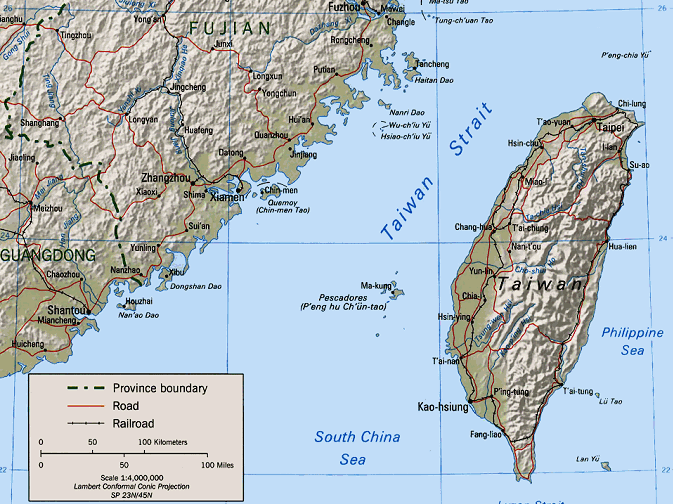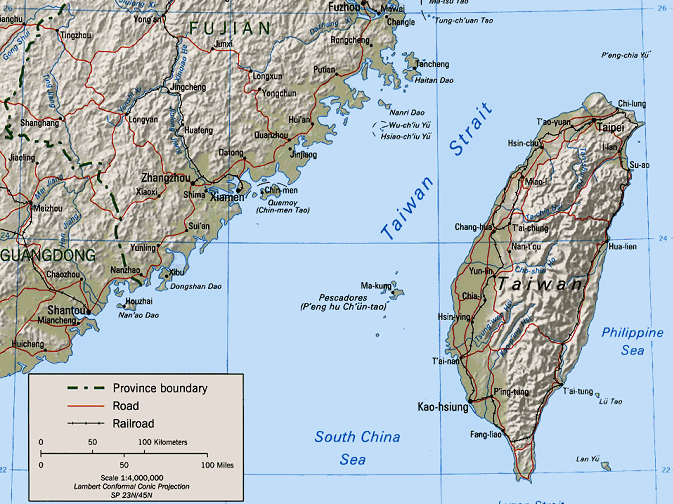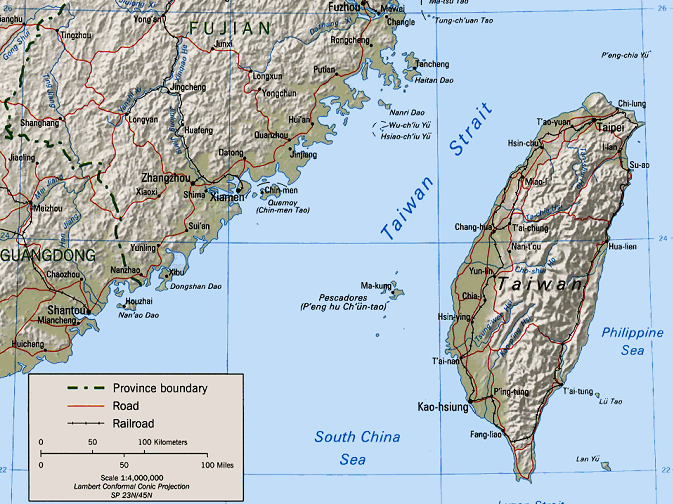News Analysis
The Taiwan issue has been unresolved since the normalization between communist China and the United States more than 30 years ago. Many former officials and China scholars are asking today, what lies ahead for Taiwan and U.S.-China relations?
U.S. support for Taiwan is outlined in the Taiwan Relations Act (TRA) in 1979. It’s been a policy of supporting Taiwan with weaponry of a “defensive character,” and states that the United States would have “grave concern” should the Mainland attempt to impose unification by methods other than peaceful means, such as boycotts, embargoes, and armed force.
The U.S. policy hedges on exactly what the United States would do if Beijing tried to force unification.
Some believe that a continuation of this hedging policy affords the best hope for maintaining peace and stability in the region. One of these is Brookings Institution Senior Fellow Richard Bush, who spoke Feb. 6 at Brookings to launch his new book, Uncharted Strait: the Future of China-Taiwan Relations (Brookings, 2013).
Other American policymakers and scholars are rethinking U.S. support for Taiwan.
According to Bush, improved relations and stability between Taiwan and the PRC have ensued since the Taiwanese presidential election of Ma Ying-jeou and the return to power of the Kuomintang (KMT) party in May 2008 and Ma’s reelection in Jan. 2012 and the KMT’s diminished majority in parliament. Ma’s victory in 2008 put the government back in the control of the KMT after eight years of rule by the Democratic Progressive Party (DPP), which had emphasized Taiwan’s sovereignty.
Ma won 51.6 percent of the vote in the 2012 election. He said in his victory speech, “Cross-strait relations in the coming four years will be more harmonious with more mutual trust and less chance for conflict. I must provide Taiwan with a sustainable and stable environment”
While the 2012 election victories were not as impressive as in 2008, they, nonetheless, indicate that a majority of the Taiwanese people approve of the “political stewardship” that Ma has given the country, says Bush, who is director of the Center for Northeast Asian Policy Studies at Brookings (CNAPS).
Bush refers to the policies of Ma’s predecessor, the leader Chen Shui-bian as “edgy and sometimes provocative.” He contends that over course of the last five years under Ma’s and the KMT’s steady leadership, there has been a significant shift in cross-Strait relations for the better. He means better for mainland China, Taiwan, and the United States for maintaining regional stability, and reducing tensions and the likelihood of armed conflict.
“The reduction of tensions that Ma’s policies brought about calmed Washington’s fears and increased U.S. confidence that Taiwan’s intentions were constructive,” argues Bush in a Brookings policy brief, Jan. 14.
Beijing and Taipei signed the Economic Cooperation Framework Agreement (ECFA) in June 2010, consisting of 18 trade agreements, setting the stage for a free trade area. Bush says that Ma’s engagement with the Mainland gave it a “large stake in peace that it would not risk that stake by coercing the island into submission.”






